Exact Answer: At least 3 days
Among the many infections, one may get, the urinary tract infection or UTI is one most common types. This infection can be located in any of the parts that are make up the urinary system such as the bladder, urethra, kidneys, and ureters.
This can cause a very uncomfortable experience, that may sometimes hurt and disrupt your daily lifestyle.
Everyone can experience urinary tract infections, but it is scientifically proven that women suffer from UTIs 30 times more frequently than men. This is due to the fact that the urethras for women are much shorter than those for men. Also, children can contract these UTIs, but those under the age of 5 are unlikely to suffer from them.

How Long After UTI Medicine Take To Work?
| Type of UTI | Time after taking UTI medicine for it to work |
| Uncomplicated | 3 days |
| Uncomplicated but still more severe | 7-10 days |
| Complicated | 14 days or more |
A UTI is an infection that is caused by microscopic microbes and bacteria that enter the body from the outside world. In addition, some UTIs may even be caused by viruses and fungi. But these tend to be rarer, while bacteria are the most common causes of urinary tract infections.
A urinary tract infection can be located in any part of the urinary system, which includes the urethra, ureters, bladder, and kidneys. In fact, the majority of UTIs occur in the lower urinary tract which involves the bladder and urethra. Apart from this, some urinary tract infections can occur in the upper tract. These infections tend to be more severe and can take longer to be treated.
UTIs are caused by these harmful microorganisms that enter the body through the urethra. Then the microbes can affect any part from there. This can cause infection and inflammation as a result.
Lower tract UTIs exhibit symptoms such as burning while urinating, more frequent urination, less urine being passed, greater urgency while urinating, urine with a strong smell, cloudy or bloody urine, pelvic pain, rectal pain, and more.

Upper tract UTIs exhibit symptoms such as chills, vomiting, nausea, fever, and pain or soreness in the back. If bacteria travel up the kidneys, they may not only affect it but they can also pass into the blood. This is known as urosepsis and is a condition in which one may experience extremely low blood pressure and shock. This condition can lead to death in certain cases.
For a light uncomplicated UTI, the antibiotics take up to 3 days to work. For a more severe uncomplicated UTI, the medicine takes up to 7-10 days for it to work. For complicated UTIs, the UTI antibiotics may need at least 14 days to completely work and provide successful results.
Why Does UTI Medicine Take That Long To Work?
Antibiotics are prescribed when you are diagnosed with a urinary tract infection. They tend to start working quickly but takes quite a bit of time to completely destroy the bacteria that is causing the urinary tract infection.
Antibiotics function by preventing bacteria from doing their work and other essential processes. It also puts a stop to their multiplication and kills them. Therefore, the body works hand-in-hand with antibiotics to help the immune system battle urinary infections.
Not all antibiotics work in the same method. Some may directly destroy the cell walls of the bacteria. Some may hinder or modify the way in which the bacterium works. Depending on the type of infection, doctors recommend a particular type of antibiotic.
Thus, the antibiotics need time to completely destroy and kill the bacteria in order for the urinary tract infection to come to an end. This is why UTI medicine needs a particular duration of time in which you regularly take the antibiotics, to work.
There are essentially two types of urinary tract infections: uncomplicated and complicated. Uncomplicated infections are ones that do not affect the urinary tract too much. The urinary tract still remains normal.

Complicated UTIs suggest that you may have a complication or disease located in your urinary tract. This can include the narrowing of the urethra or the ureters, or a blockage like kidney stones.
When antibiotics are taken while you have an uncomplicated UTI, it may only need 3 – 10 days for them to work, because there is no significant harm being done to your urinary tract. But if you take antibiotics and have a complicated UTI, then the antibiotics need more time to treat the disease that is in your urinary tract.
Some commonly prescribed antibiotics for UTIs include Amoxicillin, Ceftriaxone, Cephalexin, and more.
Conclusion
Therefore we can understand that most urinary tract infections can be treated successfully with antibiotics. There are two primary types of UTIs: uncomplicated and complicated. UTI medicines may only need 3 days to work for uncomplicated urinary tract infections. Some may also require up to 7 to 10 days.
If you have a complicated urinary tract infection, then UTI antibiotics may need at least 14 days or more to successfully work and get rid of the urinary infection.
It is important to follow through with your antibiotics for the entirety of your course. This is to ensure that all the bacteria die, and does not leave those that will grow resistant to the antibiotics.

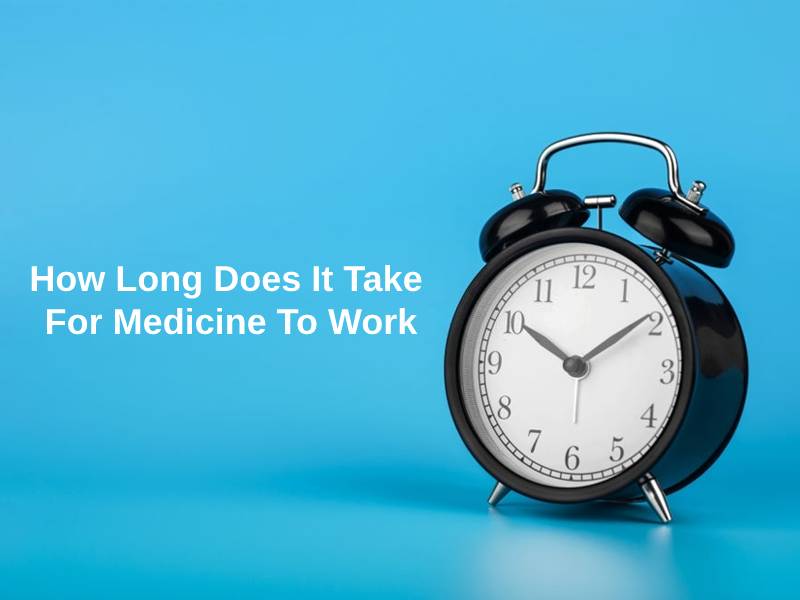
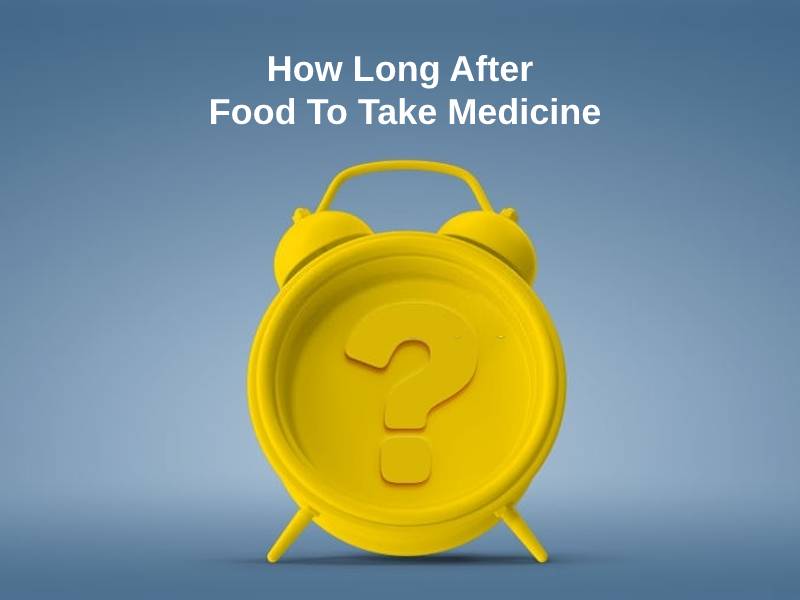


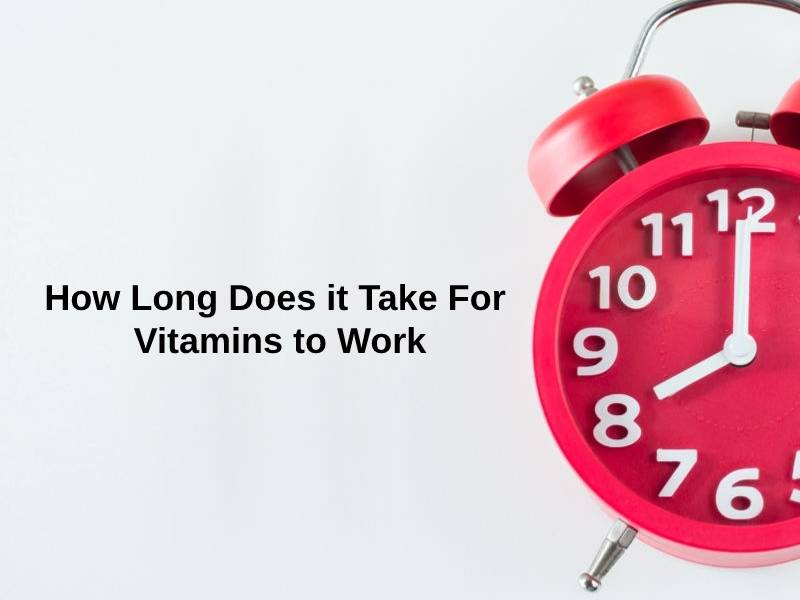

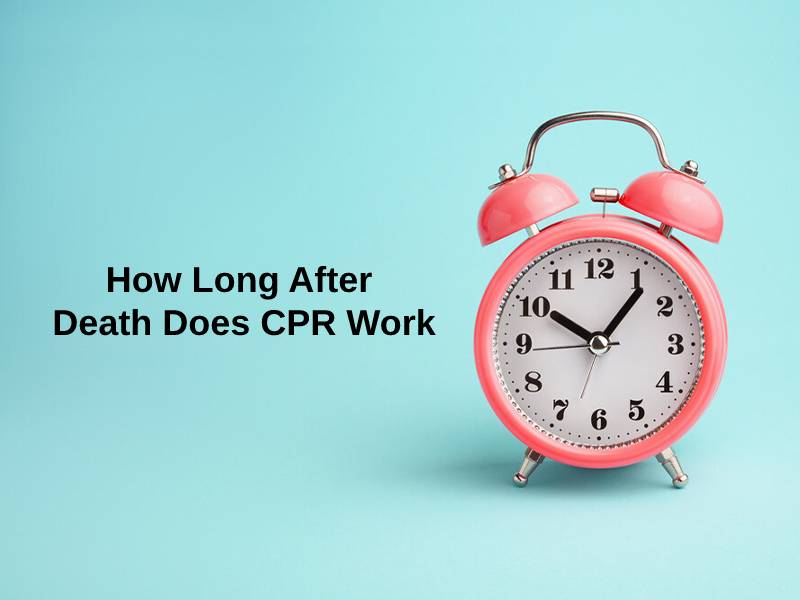
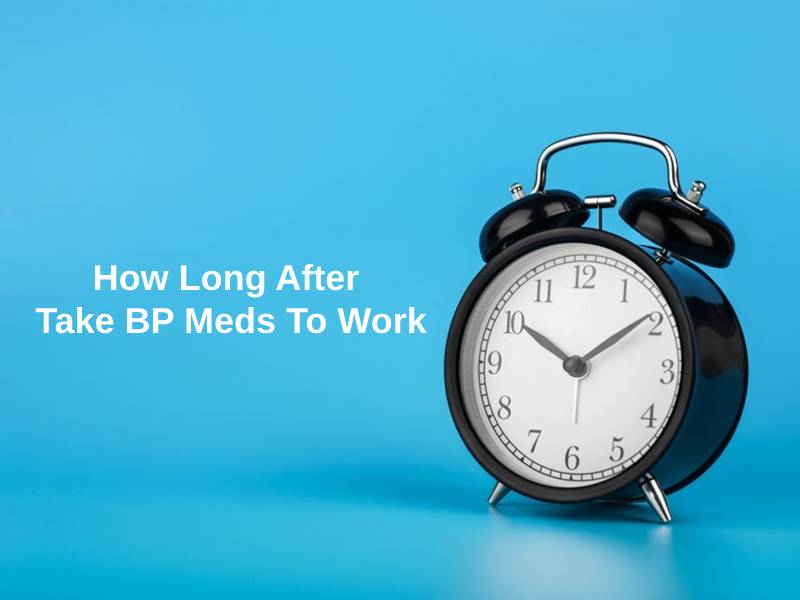
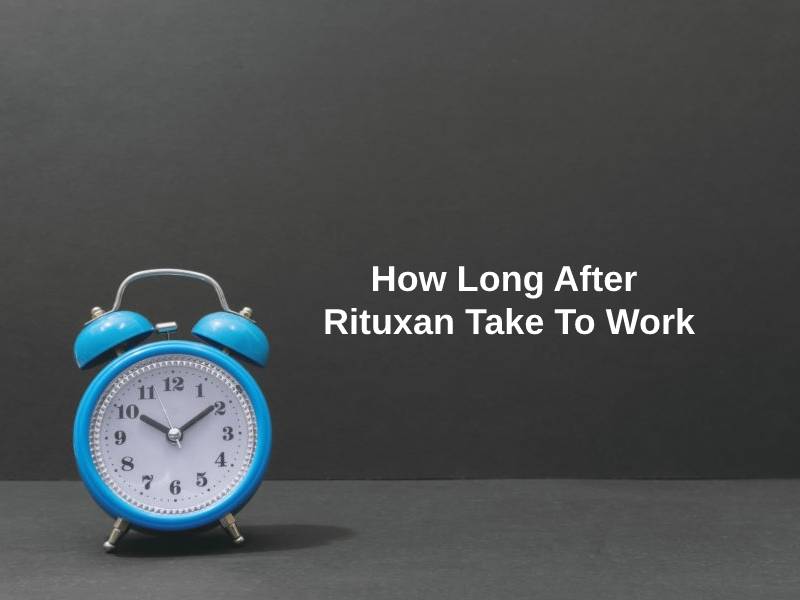
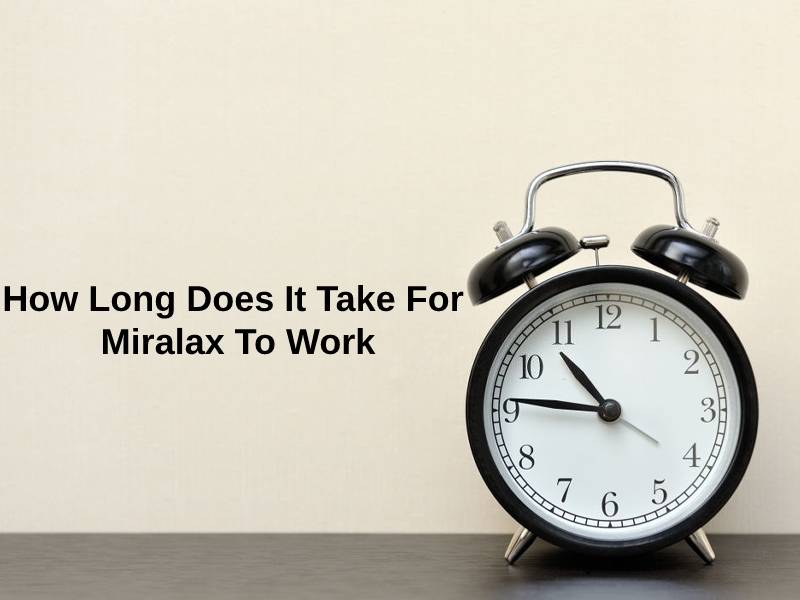






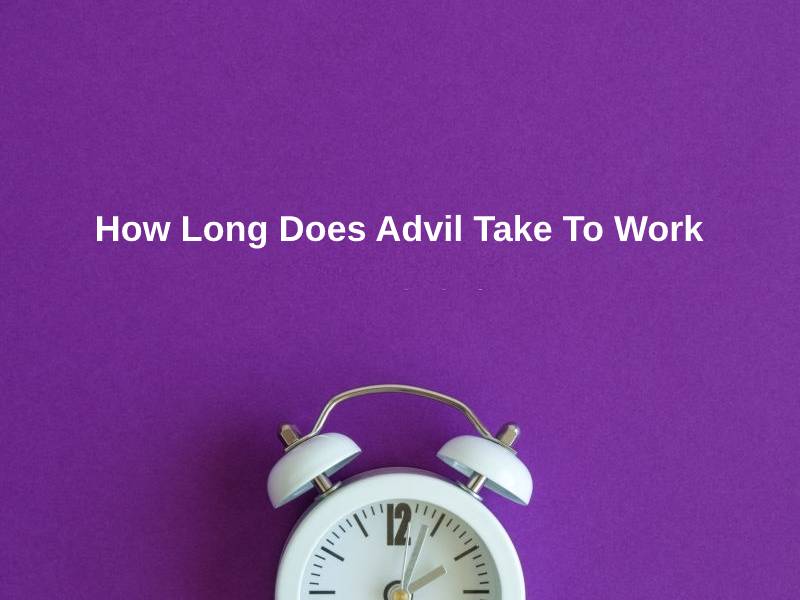

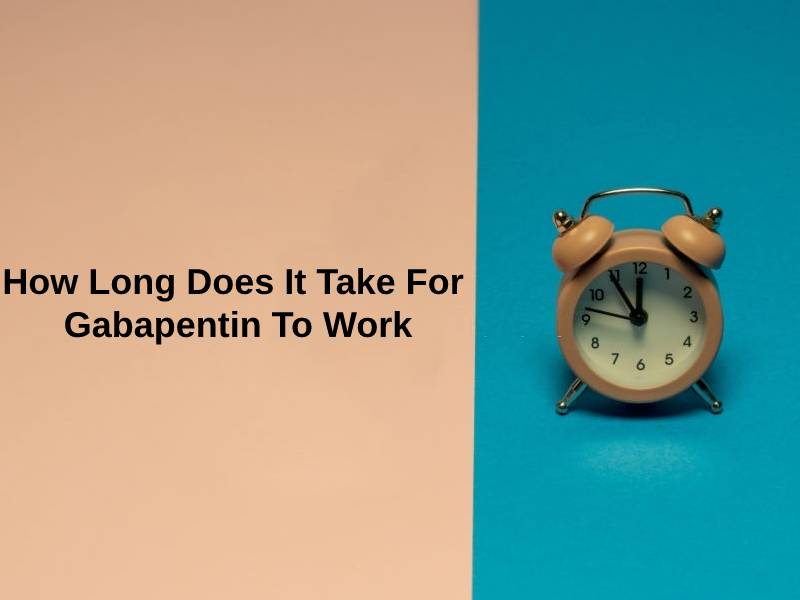

The article does a great job of addressing the differences between uncomplicated and complicated UTIs. The explanation of why antibiotics take time to work is very insightful.
I agree, the article’s explanation was very thorough.
I appreciate the detailed information presented in the article. It adds clarity on the treatment process for UTIs.
I agree, the article provided useful insights into UTIs and antibiotic treatment.
The article’s breakdown of uncomplicated and complicated UTIs was very clear and helpful.
Very informative. The article was thorough in explaining UTIs and the mechanisms behind antibiotic treatment.
I found the article to be very comprehensive as well.
I appreciate the detailed information provided here. It’s important to understand the time it takes for UTI medicine to work and the differences between uncomplicated and complicated UTIs.
Yes, the article did a great job of explaining the duration of time needed for antibiotics to work in different cases.
The thorough breakdown of the differences between uncomplicated and complicated UTIs is very helpful. This article gives a clear understanding of UTIs and antibiotic treatment.
Agreed, the detailed explanation was very informative.
I found the section about how antibiotics function to be particularly enlightening.
Very informative article, I had no idea that there were different types of UTIs and how antibiotics work to treat them. Thank you for the detailed explanation.
I agree, the insight into how antibiotics work to treat UTIs was particularly interesting.
The article paints a comprehensive picture of UTIs and antibiotic treatment. I found the explanation on how antibiotics work to be particularly enlightening.
The level of detail in this article is commendable.
I completely agree, the antibiotic mechanism was excellently explained.
This was a great read, but I was already aware of most of the information presented here. It would be beneficial to include more advanced research studies about UTIs to add depth to the article.
I agree, delving deeper into current research about UTIs would be beneficial for readers.
That’s a valid point. I also believe that incorporating more recent studies into the article would make it even more informative and engaging.
This was a well-written article that offered comprehensive insights into the treatment of UTIs. The explanation of how antibiotics function was particularly enlightening.
The article was indeed very comprehensive.
Informative and well-written.
The article does a good job of giving a detailed explanation about the types of UTIs and how antibiotics work to treat them, which is very helpful.
Yes, the article was very informative.
I appreciate the level of detail presented in the article.